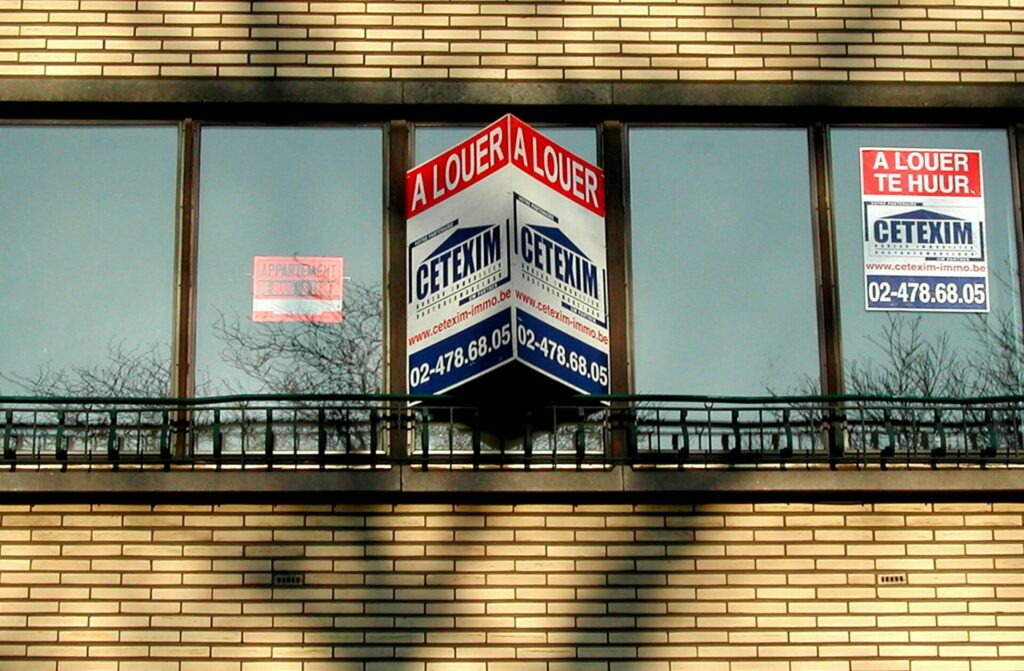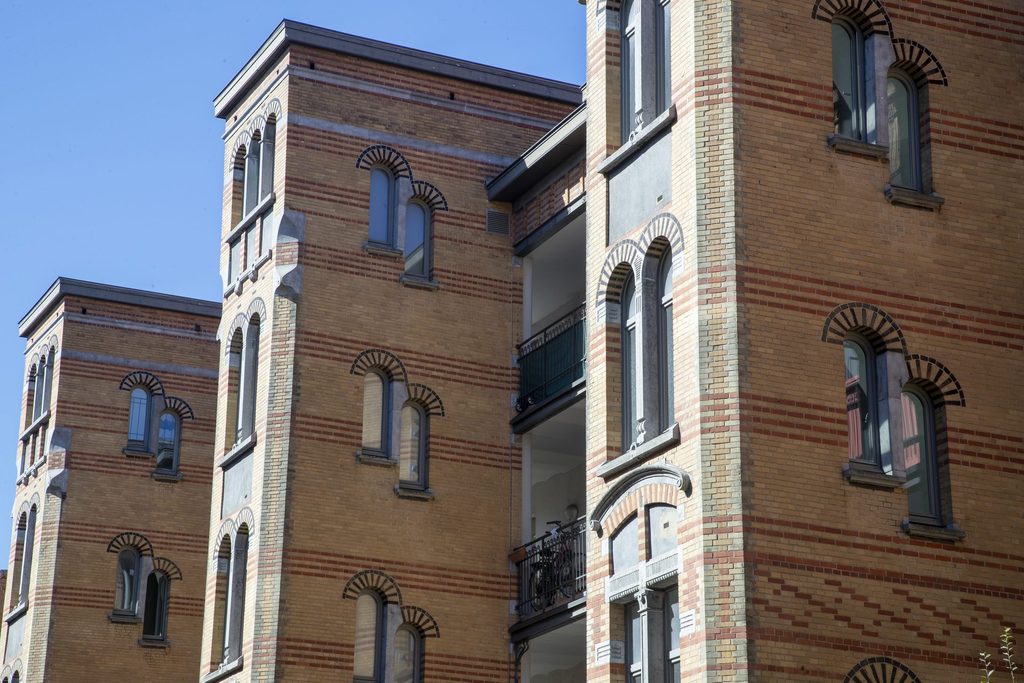Brussels Minister for Housing Nawal Ben Hamou is calling for the freeze on rent indexation to be continued for energy-inefficient properties. But the measure, introduced on October 14 2022 for a one-year duration looks unlikely to be extended by the regional authorities.
Last October, the Brussels Regional Government finally approved the regulation of rent indexation after months of deliberation. This decision had been hotly contested by the centre-right wing of the government, including Défi and Open VLD. At the time, the decisions made in Wallonia and Flanders played a significant role in tipping the balance in favour of rent regulation.
Nearly a year later, renewing the one-year scheme in its current form seems improbable despite Ben Hamou expressing her desire to extend the control, stating in an interview with Sudinfo: "Our legislative texts include provisions for assessing the situation. I will bring this up for discussion in the government soon. We cannot signal today that energy-intensive homes will be subject to indexation. I hope we can reach an agreement."
Lower energy bills, higher rent?
The current context does not favour such an extension. Flanders and Wallonia have already announced their intentions not to prolong the measure. Furthermore, several majority partners are showing reluctance or outright opposition.
To understand the background and content of this measure, it's important to recall the circumstances of its implementation. Last October, inflation surged to approximately 11.85%, significantly impacting the rents of many Brussels residents.
Given that over 60% of Brussels residents are tenants, this posed a significant challenge. Many of these tenants lived in poorly insulated properties, which already resulted in high energy bills. The measure passed by the Brussels Parliament aimed to prevent what could be considered a double financial burden.

Credit: Belga / Bertrand Vandeloise
Under this measure, only properties with an EPB (energy performance of buildings) rating of A, B, C, or D were subject to 100% rent indexation. Properties with an EPB rating of E had indexation capped at 50%. Notably, properties with EPB ratings of F or G or those lacking energy certification were not eligible for indexation. It's worth mentioning that, at the time, only 48% of individual dwellings had energy certifications.
However, the current energy price landscape does not bode well for the renewal of this measure in its current form. Energy prices have decreased compared to the previous year, and both the south and north of the country have announced the end of this indexation freeze.
Party politics
Initial reactions within the Brussels government do not align with the socialist proposal. "The minister opposes this freeze. It was an exceptional and temporary measure. Flanders and Wallonia have also lifted the indexation freeze," the cabinet of Minister Sven Gatz from Open VLD, told Le Soir.
In the same article, Bernard Clerfayt from Défi highlighted the exceptional circumstances of last year, stating, "It was more than a 10% indexation increase, which is not the case today. Flanders and Wallonia, which approved a similar measure before us, have confirmed that they won't extend it because those exceptional circumstances no longer exist."
Even the French-speaking Greens, Ecolo, which supported the measure last October, is adopting a cautious stance. In a statement published by Le Soir, the office of Ecolo’s Alain Maron, minister responsible for Climate Change, Environment, Energy and Participatory Democracy, emphasised the importance of a calm and constructive debate within the government regarding the conditions for extending this significant measure.

